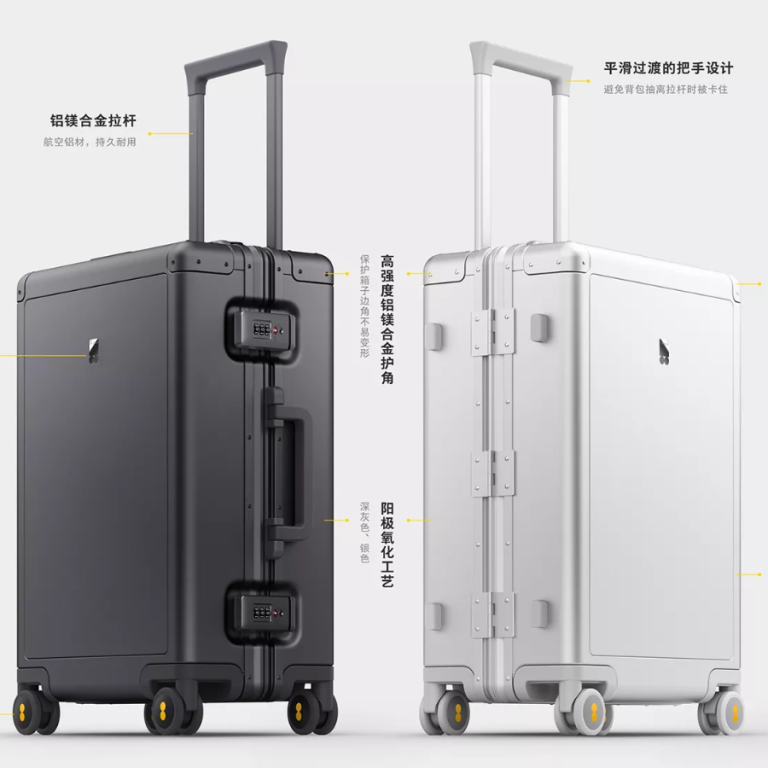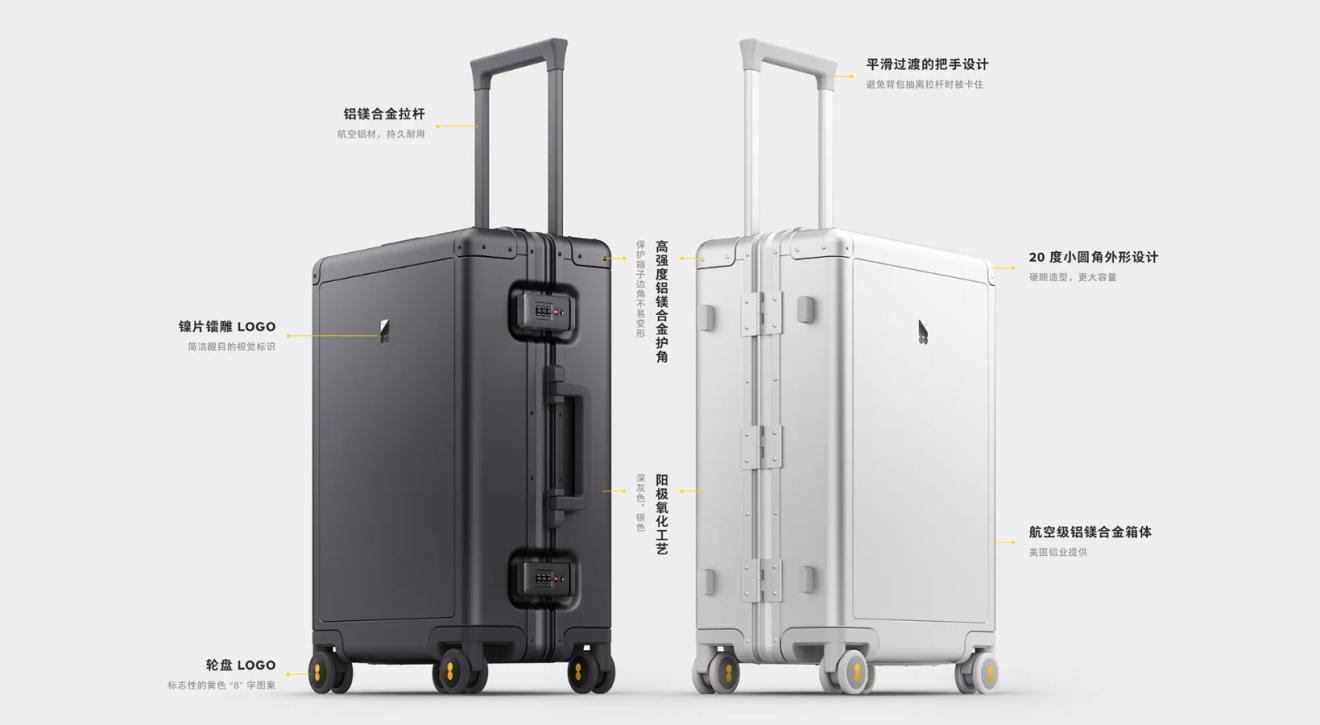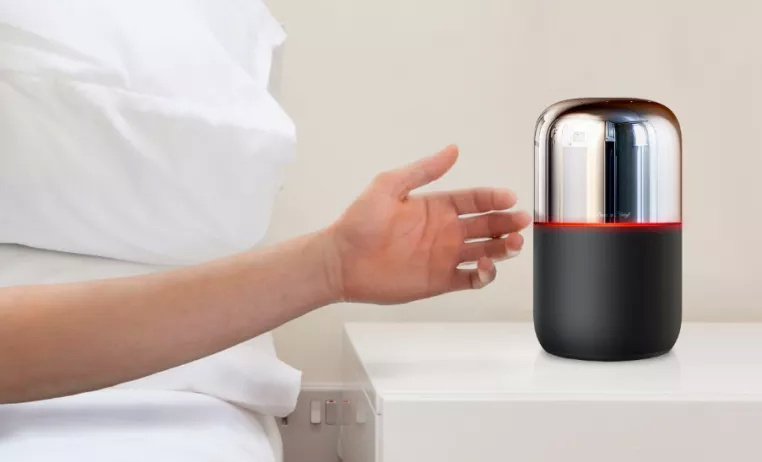
Why China’s smartphone makers are selling suitcases
Smartisan embraces Xiaomi-like "ecosystem" strategy with low-tech products
The modern suitcase was invented over a century ago. But this week Smartisan, a smartphone startup best known for their wacky tech ideas, unveiled a new take on the age-old device.
On the outside, the Level8 Suitcase looks just like most hard cases you can find on the market. But inside, it’s packed with features that most won’t have: A detachable 20,000 mAh power bank, a data cable, as well as USB-C, micro USB and Lightning connectors.
For frequent fliers, a compartment on the front flips open easily, allowing you to quickly take out items like laptops and liquids for airport screening. Smartisan claims the handle is three times more durable than competitors.

How Xiaomi forged a unique path
On Tuesday, Smartisan also launched a US$130 smart speaker, made by a smaller startup it invests in called DeepSound Technology. The device itself is dubbed David & Sheryl -- corresponding to the names of the voices you can choose from.
“Professional David” and “Boyfriend David” are both male voices, but apparently they have different personalities. The former says things like “I hope I can do something to make you feel better,” while the latter prefers “Who’s bullying you? Please tell me. ”
The female voice equivalents are called -- wait for it -- “Professional Sheryl” and “Girlfriend Sheryl”.

Just in time for winter, Smartisan also unveiled a US$288 humidifier made by José Tronco, another Smartisan-backed company. It can go 7 hours between refills, and works in spaces up to 194 square feet -- not exactly groundbreaking.
Can another messaging app survive in the land of WeChat?
For more insights into China tech, sign up for our tech newsletters, subscribe to our Inside China Tech podcast, and download the comprehensive 2019 China Internet Report. Also roam China Tech City, an award-winning interactive digital map at our sister site Abacus.
For more insights into China tech, sign up for our tech newsletters, subscribe to our Inside China Tech podcast, and download the comprehensive 2019 China Internet Report. Also roam China Tech City, an award-winning interactive digital map at our sister site Abacus.

